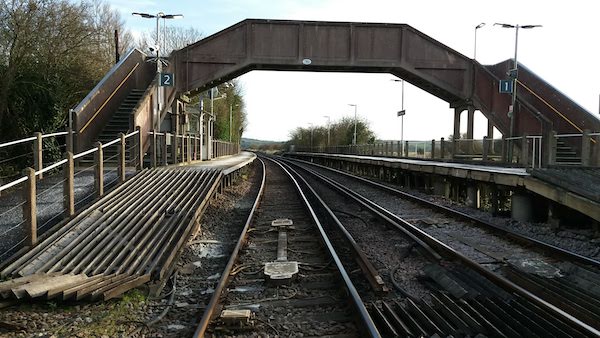On Tuesday lunchtime, my second day back in the office, the Prime Minister announced a new set of measures against coronavirus. This included saying that anyone who can work from home should. Without a command to close offices or restrict public transport, it’s left to companies and employees to decide what to do – particularly in those offices that have been made safe to work in.

It was actually good to go back to the office. It felt strange, and a little dangerous, but I liked being somewhere different, and I liked taking the first steps towards normality.
Way back, on March 19th, when the Prime Minister announced “we can turn the tide within the next 12 weeks and I’m absolutely confident that we can send coronavirus packing in this country”. The latest restrictions are said to be set for six months. Given the government’s failure to hit the targets it sets for itself, we are likely in for a long haul.
This lockdown feels a lot more sour than the first one. It is very difficult to avoid the conclusion that we wasted the time gained through the initial lockdowns and restrictions. We face the same problems six months later, but from a more precarious position. Winter will bring dark days and bad weather; and the economy is reeling from the shock of the pandemic, with the potential problems of Brexit yet to come.
There was some sense of consensus for the first lockdown, a feeling that we were ‘all in it together’. That very phrase was used by chancellor Rishi Sunak, echoing George Osbourne’s description of austerity. Despite Sunak’s assurances, the pandemic is affecting different people in different ways. Some people are suffering greatly, already living in cramped or undesirable housing. Meanwhile, there have been profiteers. Tiny companies were paid vast sums for PPE that was not delivered. Accenture received £850,000 for ten week’s work on the government’s failed contract-tracing app. Dido Harding has been promoted despite failing to establish decent contact tracing (James O’Brien has compared her to those same ‘unelected bureaucrats’ that the Brexiters were trying to remove).
At a time when consensus is important, it’s easy to perceive a sense of rules being applied unfairly. Despite NHS’s 111 line told sick parents to maintain quaratine, while MPs defended Cummings’ trip to Durham as what any decent parent should have done. Tory MP Bob Seely attended a barbecue held by Richard Tice (Brexit party chairman) when the mixing of households was banned – no action was taken. And then there is the exemption for grouse-hunting to restrictions for groups meeting – so important that the Covid-19 Operations sub committee scheduled a special meeting for this.
The new restrictions announced for England this week still allow households to mix, something that is banned elsewhere in the UK. I expect that further measures will be announced soon – in a recent article, Tim Harford quoted a statisticians view that “Every week before lockdown cost us five to eight weeks at the back end of the lockdown.” These are hard decisions for a government to make, and I certainly don’t envy the people involved. But it’s hard not to feel like the government is floundering, and there seems to be no way out of rolling restrictions.